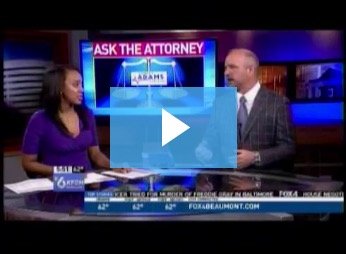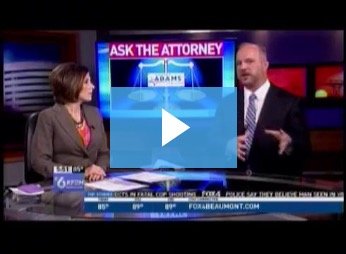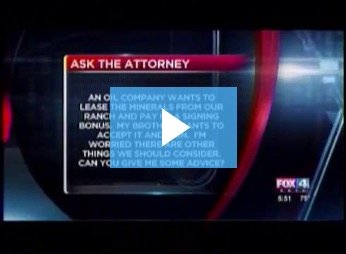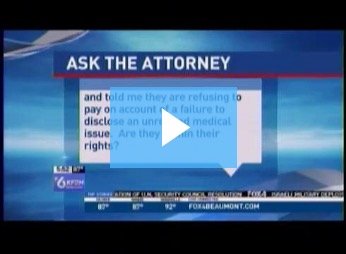Personal Injury Newsletter
The Right to Privacy and Publicity and Photographs
The right of a photographer to sell or commercially exploit a picture of a stranger depends on numerous factors. Much will depend on whether the subject’s consent was obtained. Further, the subject of the photograph might have a right of privacy and a right of publicity (i.e. a right to control the use and commercial exploitation of photographs). The extent and availability of these rights vary by state.
Right to privacy laws protect an individual from disclosure of private facts. The right to publicity controls the right to commercial use of a photograph. The first protects from disclosure of embarrassing facts, the second from financial loss from unauthorized commercial use. People who lead public lives have restricted rights of privacy, but broader rights of publicity (some states even give such rights to deceased persons).
An individual’s rights of privacy and publicity are limited, however, by the First Amendment of the U.S. Constitution, which ensures freedom of speech. Publication of photographs in connection with news, political, social and economic events is considered protected speech, and not “commercial use.” Some contend that there is no requirement for a release from the subject if the intent behind publishing is to inform or educate. Where a photograph of another is taken and used for the purposes of educating or informing the public, as in a newspaper, the photographer may not need to obtain the consent of individuals pictured in the photograph.
As stated above, privacy and publicity laws vary among states, however, and it is not always easy to determine newsworthiness. Thus, it is also difficult to determine when a release or consent is needed. To be on the safe side, (especially when photographing private individuals) photographers should always seek the consent of the individual photographed.
Precautions For Photographers to Limit Potential Liability
The prudent photographer will consider obtaining a written release from any individual in the photograph who is recognizable. If a travel magazine publishes a photo of the Grand Canyon, with several tourists in the foreground, a release probably need not be obtained from all the tourists. Where individuals are in the photograph incidentally, and are not recognizable, no release is necessary. Photographers should also consider the following items:
- Obtain parental consent from parents or guardian of minors whose image is used.
- Even if the photograph is to be used for a “newsworthy” purpose, obtain a release in case the photograph is later used for other purposes.
- Caption the photograph correctly.
- When altering or cropping a photograph, avoid placing the individual photographed in a context other than that consented to in the release.
© 2026 NextClient.com, Inc. All rights reserved.










